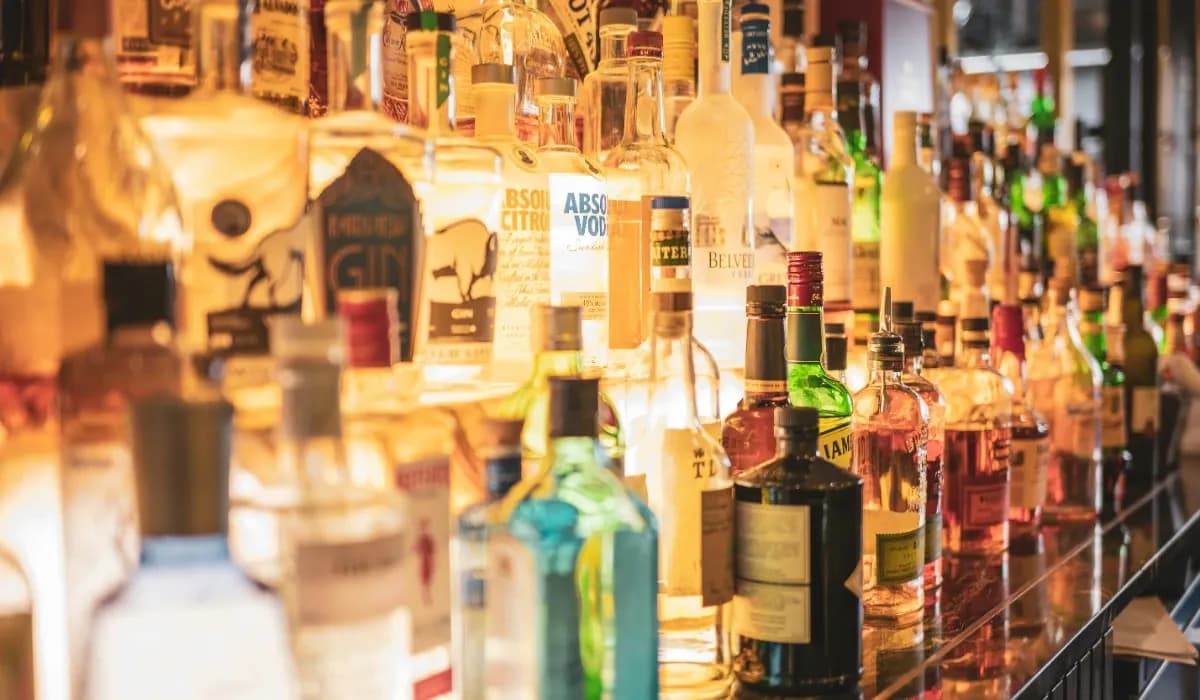In response to a sweeping increase in excise duties by the Maharashtra government, United Spirits Ltd (USL), the Indian arm of global major Diageo Plc, has raised consumer prices of its IMFL (Indian-Made Foreign Liquor) portfolio by 30–35%. However, the company has adopted a nuanced approach, absorbing part of the burden across certain segments to mitigate the impact on demand and maintain brand position.
The Excise Shock: What Changed in Maharashtra?
- In June 2025, the Maharashtra cabinet approved a significant hike in excise duties to address budgetary constraints following the Ladki Bahin scheme. IMFL excise duty was raised from three times to 4.5 times the declared manufacturing cost (capped at INR 260 per bulk litre), while duty on country liquor increased from INR 180 to INR 205 per proof litre.
- The rise is expected to generate approximately INR 14,000 crore annually in excise revenue.
- Required Minimum Retail Prices (MRP) for a 180 ml bottle are now: country liquor ~INR 80, IMFL ~INR 205 (up from INR 110–130), and premium foreign liquor ~INR 360 (up from ~INR 210). A new category – Maharashtra Made Liquor (MML) – has also been introduced with an MRP of INR 148.
United Spirits’ Strategic Price Response
- USL implemented a tiered increase: overall MRPs in Maharashtra have risen by 30–35%, though the state tax hike implied a 50–60% potential jump. The company absorbed some cost in the mid-prestige segment to protect its core consumer base, while passing on nearly the full hike in its lower-priced (popular) segment.
- CEO & MD Praveen Someshwar explained that this tailored strategy avoids a one-size-fits-all increase: “At the mid-to-prestige level, we absorbed significant sums. At lower-prestige, marginal absorption. At the popular segment, we passed on everything.”
Consumer Resilience and Market Response
- Despite steep increases, preliminary indicators suggest consumer spending in Maharashtra is holding up with mid-teen growth – “very, very encouraging,” according to Someshwar.
- However, to offset the added cost fully, an estimated 30–35% increase in consumer spend would be needed for USL’s revenue to remain neutral.
- Reflecting concerns over demand, journalists in Pune report a “severe shortage” of IMFL: about 30–40% of mainstream brands and popular pack sizes (like 750 ml, 90 ml) are out of stock. This is attributed to the excise shock combined with production slowdowns and delayed re-pricing. A shift to cheaper country liquor has been observed.

Financial Highlights: Q1 FY26 and Product Mix
- In Q1 FY26, USL’s net sales value grew 9.4% to INR 3,021 crore; consolidated PAT reached INR 417 crore.
- The Prestige and Above segment contributed 88.3% to net sales, while the popular segment contributed 9.8%.
- The India–UK Free Trade Agreement, expected to lower duties on imported spirits, may yield benefits between April and June FY27, though logistical pipelines make realisation early in the next fiscal year.
Impact on Market Sentiment and Regulatory Support for MML
- Following the excise decision, liquor stocks – including USL – fell by up to 6% as investor sentiment turned muted.
- On a positive note, the Confederation of Indian Alcoholic Beverage Companies (CIABC) has sought a reconsideration of the duty hike, potentially softening government posture.
- Maharashtra recently issued detailed operational guidelines for MML, positioning it as an affordable, local alternative. Duty on MML is set at 270% of manufacturing cost – lower than IMFL's 450% – potentially narrowing the price gap by roughly INR 700 per litre. Moreover, this initiative aims to rejuvenate under-utilised distilleries and boost local production.
Summing Up
United Spirits’ calibrated response to Maharashtra’s tack-on excise duties reflects both strategic cost absorption and pricing discipline. Early signs of resilient consumer spending in the mid-tier is promising, although supply chain hiccups and shifting consumer preferences toward country liquor highlight the fragility of demand. The introduction of MML, along with potential government rollback or modulation, could reshape the landscape. As the fiscal year unfolds, USL is focusing on maintaining premium momentum while navigating complex policy and market dynamics.



